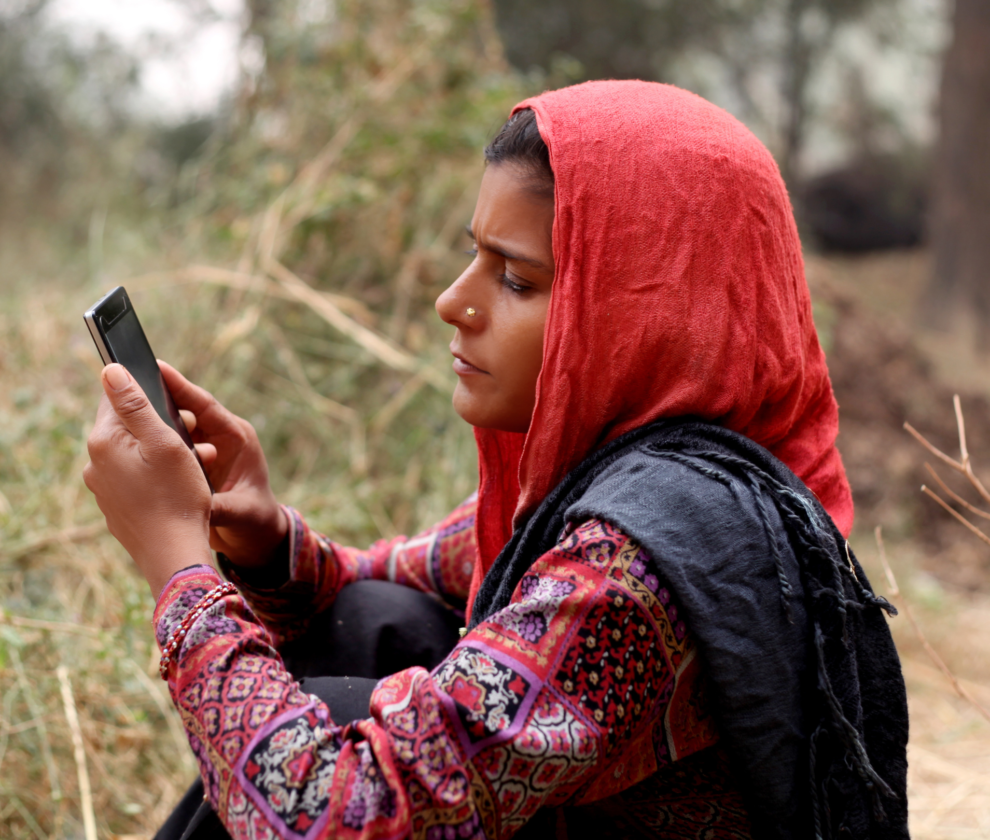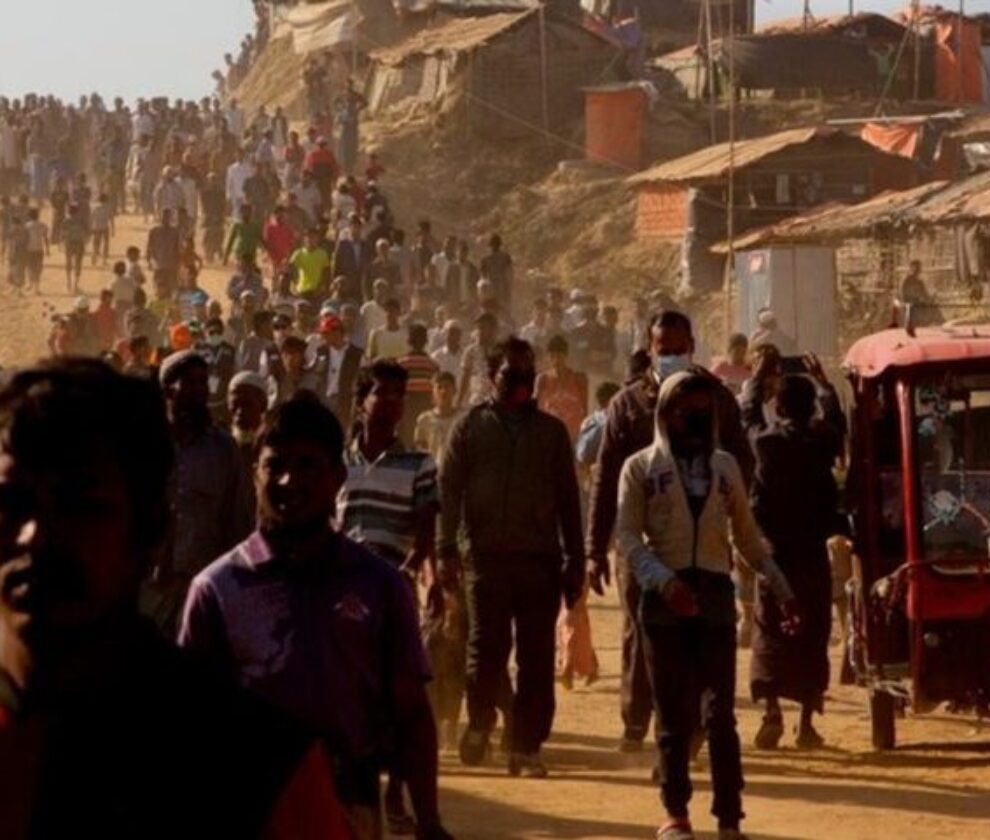Bangladesh has experienced accelerated growth for an extended period, and despite a few incidents of growth slowdown, the country has not actually faced any recession over the last two decades. The unprecedented economic shock (due to the Coronavirus pandemic) and a possible recession, therefore, put Bangladesh in uncharted territory. The central bank has taken expansionary monetary measures, and the government has declared a massive financial package of BDT 95,619 crore, (about 3.3% of the GDP). While these expansionary measures are important to tackle the current crisis, the government also needs to assess the structural fault-lines in the economy to combat long-term effects and future crises.
Social Protection as Automatic Stabilizer
Economic downturns and recessions are inevitable and many countries have adopted social protection including unemployment benefits, health insurance, and minimum income support as automatic stabilizer. Social protection schemes are an important tool not only to protect the vulnerable people of the society, but also to prevent the downward spiral of aggregate demand during an economic crisis. During an economic crisis, as certain sections of the population lose their wage and income, they cannot maintain their consumption at the previous level, affecting the demand for goods and services of other businesses. The process called the “multiplier effect” triggers drastic fall in aggregate demand, output and jobs. There is overwhelming evidence that social protection policies in EU member states reduced the depth and duration of the Great Recession of 2008, and in the United States, such schemes had a larger positive multiplier effect on the economy than tax-cut for higher income earners. Social protection also has a long term impact on growth and productivity. Research conducted in the context of developing countries shows that social protection prevents growth inhibiting behaviours such as selling productive assets and removing children from school during an economic shock.
Social Protection in Bangladesh
Unfortunately, only about 27.8 % of households in Bangladesh are covered by some social protection benefits, one of the lowest in the world (HES, 2016). While Bangladesh has a long history of social safety net programmes (SSNPs), low coverage, poor targeting and leakage are major weaknesses of these schemes. About 57% of the extreme poor and 66% of the poor households in Bangladesh do not receive any social safety net benefit, and these households are at extreme risk during the COVID-19 crisis (Bangladesh Planning Commission, 2015). Beneficiary targeting is another major issue of the current safety net programmes, as about 47% of the SSNP funds go to well-off households (CPD, 2018).
Bangladesh government has announced that the economically-vulnerable will be provided with food supplies for up to six months, which is a welcome initiative. However, it is extremely challenging to identify and target the beneficiaries and arrange the logistics to provide necessary supplies when a large section of extreme poor and poor households are out of the formal social safety net system. Having an effective social protection system with wider coverage, would allow for an automatic and quick response to people most in need.
While social protection has been weak, market based solutions such as private insurance, employment based protections have not been adequate either. An overwhelming majority of employment (88%) in Bangladesh takes place in informal sectors where employees have little employment based protection such as medical allowance, retirement benefits, severance pay etc. (The Financial Express, 2019). Even among formal sector enterprises, many employees do not receive such benefits. According to a study by Center for Global Workers’ Rights (CGWR), more than one million garment workers in Bangladesh already have been fired or temporarily suspended, and about 80.4% of dismissed workers did not receive any severance pay. Hence, the government must provide urgent support to people losing their job, and progress towards a more comprehensive unemployment insurance/benefit programme in the long run to protect workers during similar crises.
Need for Contributory Social Insurance and Employee Welfare
Although a wider public funded social protection is essential for risk mitigation, the financial burden of generous social protection is too large to bear. Proposed expenditure on social safety net for the FY 2019–2020 was 14.21% of the total budget, which is a staggering figure (The Daily Star, 2019). A major reason for such high expenditure is that the majority of the social safety net programmes in Bangladesh are ‘social assistance’ (non-contributory tax funded transfers). While Bangladesh will continue to need social assistance for the poorest and most vulnerable communities, it should modernize the social protection schemes through scaling up contributory social insurance and employment based regulations. Additionally, it is also important to manage the regulatory loopholes as evidenced by poor implementation of the labour laws. The Labour Act 2006 mandates companies having paid-up capital of minimum BDT 1 crore and companies with permanent assets worth BDT 2 crore to deposit 0.5% of their net profit to the Bangladesh Labour Welfare Foundation fund. However, only 140 companies are currently contributing to the fund when a larger number of eligible companies are evading the regulatory requirement (New Age, 2019). Therefore, the government must take lessons from the current crisis and make rapid progress toward extending the coverage of social protection by combining the current social safety net programmes with social insurance and effective labour market regulations.
Need for Contributory Rainy-Day Fund/Recession Fund
The financial package announced by the government includes BDT 300 billion for big industries who will be receiving working capital at subsidized interest rate, and about BDT 50 billion for export-oriented sectors to pay their wage bills. From a macro-economic point of view, a large fiscal stimulus is needed to increase the demand and to keep Bangladesh on the growth trajectory. However, the reported lay-offs, and non-payment of workers’ salaries in large industrial sectors (such as the RMG sector), when not even one month has passed since the crisis has struck Bangladesh, points to the lack of preparedness in large industrial sectors. Small to medium businesses do not have the luxury to have rainy day funds, but questions can be raised why large industrial sectors who earn billions of dollars do not have their own reserve funds. Whether a financial crash or a global pandemic, economic crises are not unforeseen events. Just as individuals should plan their life-cycle consumption through savings, large private businesses should also save resources to continue to operate in recession and economic downturns. Tackling an economic crisis should not be the sole responsibility of the government, and if large industrial sectors could mobilize resources from their own rainy day funds, it could free more public resources to support MSMEs and informal sectors. Therefore, once the COVID-19 crisis ends, the government should drive toward building contributory rainy day funds/recession funds in major industrial sectors of Bangladesh.
Reference
- ‘The Role of Social Protection as an Economic Stabiliser: Lessons from the Current Crisis’. Based on a study conducted for the European Parliament.
- ‘Social Protection Pays Off’ by Shahra Razavi. Published at Project Syndicate.
- ‘Social protection and growth: Research synthesis’. Published by Department of Foreign Affairs and Trade, Australian Government
- ‘Towards a Social Protection Strategy for Bangladesh’. CPD Working Paper
- ‘World Social Protection Report 2017–19: Universal social protection to achieve the ‘Sustainable Development Goals’ by International Labour Organization
- ‘National Social Security Strategy (NSSS) of Bangladesh’ by Planning Commission, Government of the People’s Republic of Bangladesh
- ‘Direct cash transfer for 1.5cr poor during Ramadan’ by The Daily Star (April 14, 2020).
_____________________________________________________________________________________
Md. Rakib Hasan Rabbi is Senior Associate at Inspira Advisory & Consulting.
rakib.hasan@inspira-bd.com




